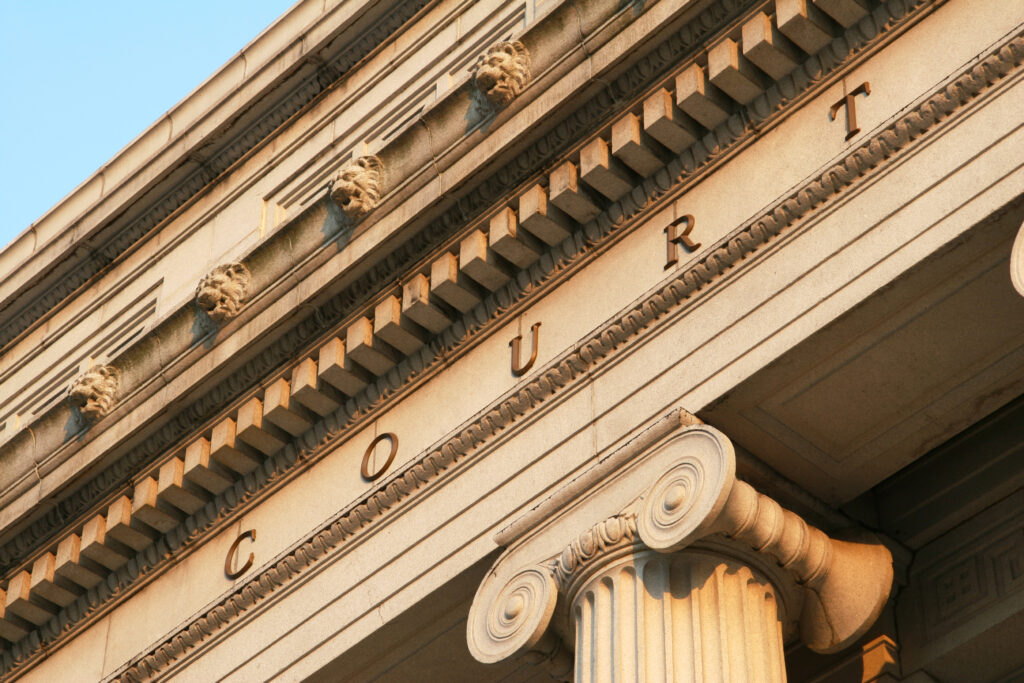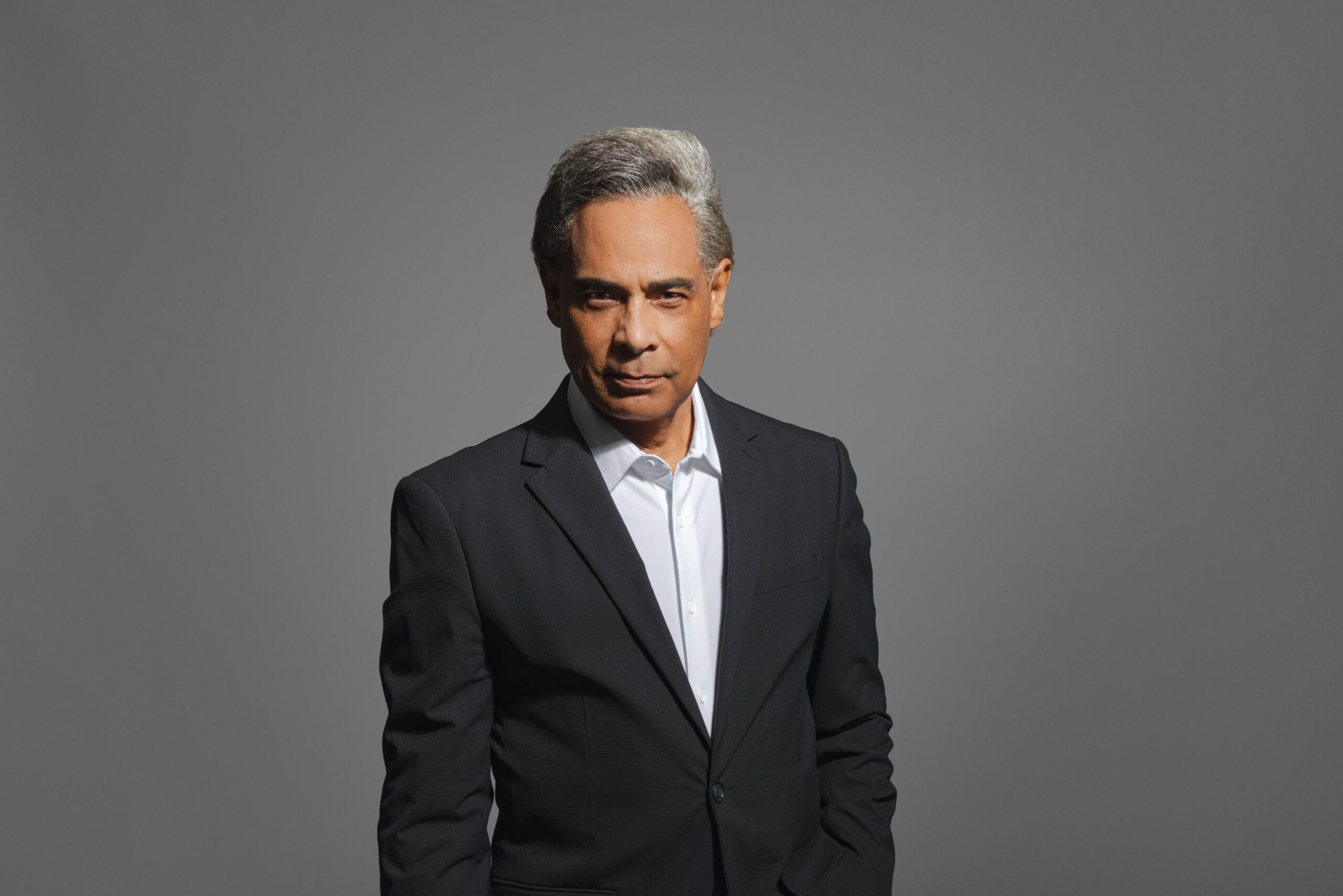In today’s world, cameras are everywhere — from corner stores to body cams, smartphones, and even dashboard systems. If you’ve been accused of assault, surveillance footage may be the most powerful evidence in your defense.
This guide explains how video evidence can strengthen your assault case, the challenges of using surveillance in court, and how an experienced California assault defense lawyer can use footage to your advantage.
Why Surveillance Footage Matters in Assault Cases
Video evidence has transformed the legal landscape. For defendants in assault cases, it can mean the difference between conviction and acquittal.
Surveillance footage can:
-
Corroborate your version of events
-
Contradict false testimony
-
Provide unbiased, real-time evidence
-
Influence jury perception and plea negotiations
How Strong Is Video Evidence in Court?
Direct and compelling evidence
Surveillance is often considered direct evidence, showing the jury what actually happened. Unlike witness statements, it doesn’t forget, exaggerate, or change over time.
Impact on jury decisions
Studies show jurors place great weight on video. If the footage clearly supports your defense, it can dramatically improve your outcome.
Types of Surveillance Evidence in Assault Cases
-
Security camera footage from businesses, apartment complexes, or parking lots
-
Police body camera or dashcam video
-
Cell phone recordings from bystanders
-
Doorbell and home security cameras
-
Traffic and city-operated cameras
When Video Contradicts Testimony
Challenging unreliable witnesses
If someone falsely accuses you, surveillance may directly contradict their story.
Strengthening your defense
Footage showing you acted in self-defense, walked away from conflict, or were not present at all can dismantle the prosecution’s case.
Admissibility of Surveillance Footage
Chain of custody
Courts require proof the video hasn’t been altered. Your lawyer will ensure the evidence is authenticated.
Privacy and legal boundaries
California law has strict rules on privacy. Not all video is admissible — an experienced attorney knows how to challenge improperly obtained footage.
How to get video surveillance thrown out of court
If the video was illegally obtained, lacks proper authentication, or has missing frames, your lawyer can move to exclude it.
Challenges With Using Surveillance
-
Poor quality or grainy footage can lead to misidentification
-
Missing time stamps or gaps may weaken reliability
-
Bias in presentation (e.g., showing only part of the incident)
-
Overreliance by juries — they may misinterpret footage without full context
How Surveillance Footage Impacts Negotiations
Influencing plea deals
Prosecutors often re-evaluate charges when faced with clear video evidence. Strong footage can lead to reduced charges or even dismissal.
Settlement leverage
If your case involves civil claims (like assault lawsuits), video strengthens your bargaining position for favorable settlements.
How Effective Is Surveillance?
Does surveillance actually reduce crime?
Yes, studies show visible cameras deter crime, though they’re not foolproof.
How does surveillance affect behavior?
People act differently when they know they’re being watched, which can work in your favor if the footage shows the accuser escalating the situation.
Building a Defense With Surveillance
Frame-by-frame analysis
Defense teams examine every second of footage for inconsistencies.
Correlation with witness testimony
Lawyers match video with statements to highlight contradictions.
Technical enhancement
Experts can clarify images, improve lighting, and zoom in on critical details.
Protect Your Rights
If you’ve been accused of assault, surveillance footage could be the key to your freedom. Don’t wait until evidence is lost or misused.
📞 Call TITOparaTI at 909.909.9090 or fill out our secure online form for a free, no-obligation consultation.




